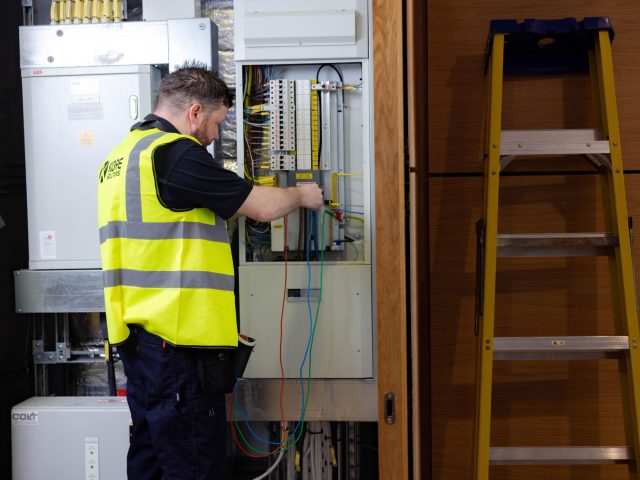In the vast tapestry of human history, few innovations have transformed society as profoundly as electrical technology. From the flick of a switch illuminating a room to the intricate circuitry powering our digital world, electricity has become indispensable to modern life. Let’s embark on a journey through time, exploring the past, present, and future of electrical technology.
The Past: Pioneering Sparks
The roots of electrical technology trace back to ancient times when civilizations marveled at phenomena like lightning. However, it wasn’t until the 19th century that electricity transitioned from a curious force of nature to a controllable power source. In 1831, Michael Faraday’s experiments with electromagnetism laid the foundation for generating electricity through electromagnetic induction. This breakthrough paved the way for the development of the electric generator by pioneers like Nikola Tesla and Thomas Edison, leading to the electrification of cities and the birth of the modern age.
The Present: Powering Progress
Fast forward to the present, and electricity permeates every aspect of our lives. We’ve witnessed revolutionary advancements in electrical technology, from the invention of the light bulb to the dawn of the digital era. In the 20th century, innovations such as the transistor, integrated circuits, and microprocessors revolutionized computing and communication. Today, electrical technology powers our homes, industries, and infrastructure, driving economic growth and societal advancement.
Challenges and Opportunities
However, the journey of electrical technology is far from over. As we stand on the cusp of the future, we face both unprecedented challenges and boundless opportunities. One of the greatest challenges is sustainability. The reliance on fossil fuels for electricity generation has led to environmental degradation and climate change. Thus, there is a pressing need to transition towards renewable energy sources like solar, wind, and hydroelectric power to mitigate the impact of climate change and ensure a sustainable future.
Furthermore, as our world becomes increasingly interconnected, cybersecurity emerges as a critical concern. The proliferation of Internet of Things (IoT) devices and smart grids expands the attack surface for cyber threats, highlighting the importance of robust cybersecurity measures to safeguard critical infrastructure and personal data.

The Future: Electrifying Horizons
What does the future hold for electrical technology? The possibilities are electrifying. Emerging technologies like quantum computing, nanotechnology, and advanced energy storage promise to revolutionize the way we generate, store, and utilize electricity. Quantum computers could exponentially increase computing power, enabling breakthroughs in areas like drug discovery, weather forecasting, and cryptography. Nanotechnology offers the potential to develop ultra-efficient solar cells, lightweight batteries, and flexible electronics, transforming energy production and consumption.
Moreover, the rise of electric vehicles (EVs) heralds a paradigm shift in transportation, reducing carbon emissions and dependence on fossil fuels. As EV technology matures and infrastructure expands, electric vehicles could become the norm, reshaping urban mobility and reducing air pollution. If you want to find great tips and ideas about finding the best electrical contractors, check out their page to learn more.
Conclusion
The evolution of electrical technology is a testament to human ingenuity and innovation. From humble beginnings to a global powerhouse, electricity has reshaped the world in ways unimaginable to our ancestors. As we navigate the challenges and opportunities of the future, one thing remains clear: electrical technology will continue to illuminate our path towards progress and prosperity.

